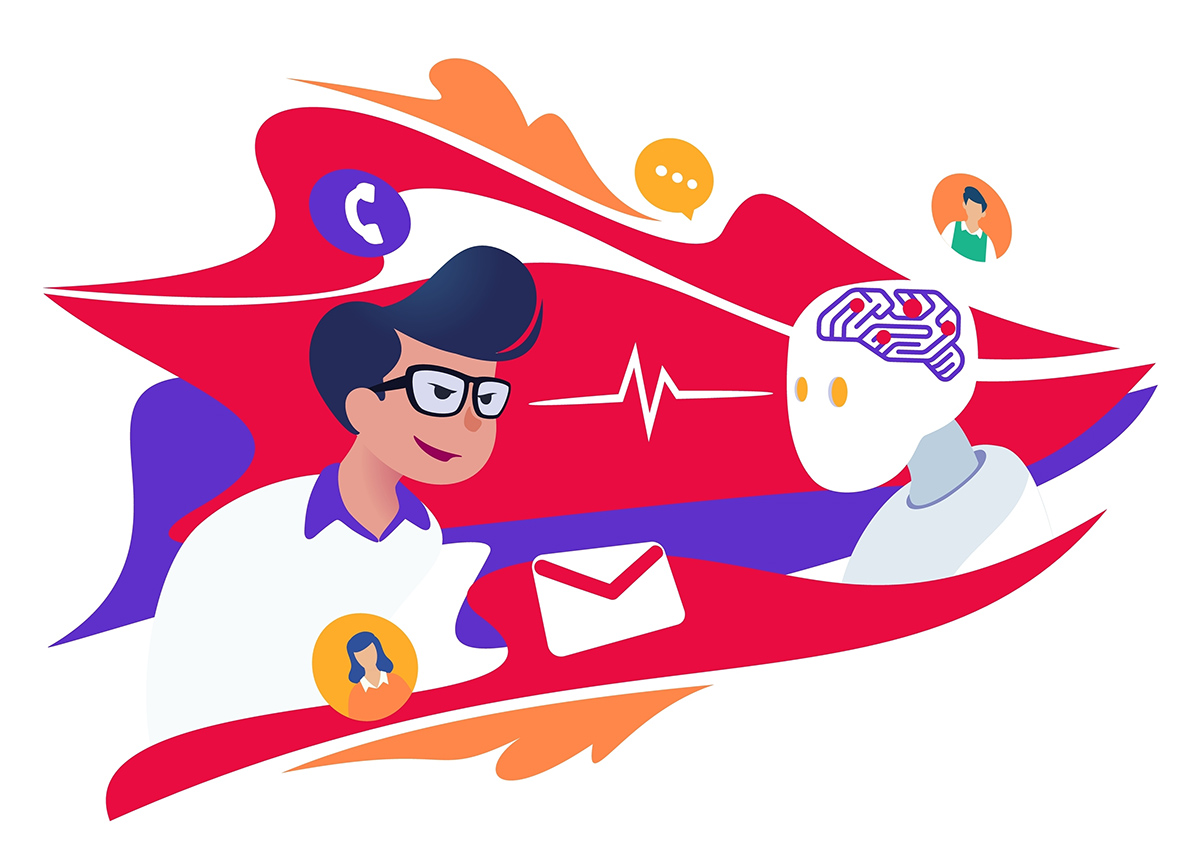Is ChatGPT replacing humans?
January 10by Sakshi Singh
Ladies and gentlemen, Who’s the driver and who’s the rider?
Whenever there’s an evolution in technology, two things happen: easier lives for some and tougher lives for others.
Let’s elaborate this a bit. On April 30, 1993, when the World Wide Web was released into the public domain, the entire world witnessed the most drastic and dramatic evolution ever.
Similarly ChatGPT is a chapter yet to be unfolded. As the Internet had its fair share of pros and cons, ChatGPT has positive and negative impacts too.
The debate around whether ChatGPT is a friend or a foe of content writers is more nuanced. Content writers can use ChatGPT to brainstorm new ideas, assist with keyword research, optimize their content and much more.
Some believe that by using AI language models, content writers can streamline their writing process, generate new ideas, and improve the quality of their content. AI also assists with tasks such as content optimization, translation, etc.
Others say AI language models may replace the creative and intuitive aspects of content writing as it presents us with better productivity and profitability.
In today’s world where ranking is so competitive, using AI tools can be incredibly beneficial in setting up one’s content above the rest.
Writers who do not research content may find ChatGPT responses better than their writing, which is quite obvious.
The AI content generator may even generate incorrect content with basic terminologies.
For example, for terminology like “Biryani”, the tool depicts “Biryani” as a “Tiffin” when it is a rice delicacy meal.
If one fine day, ChatGPT grows the emotions to match the ability of human emotions, we will be on the same page.
Sakshi Singh is a 19-year-old student from India who has a keen interest in politics and economics.




